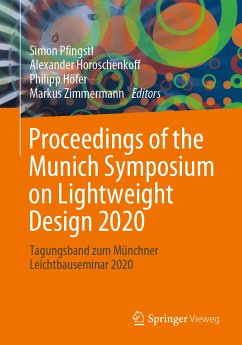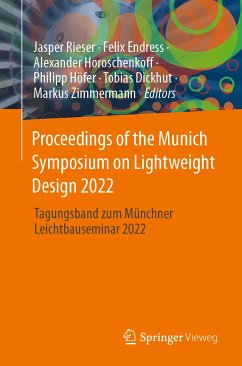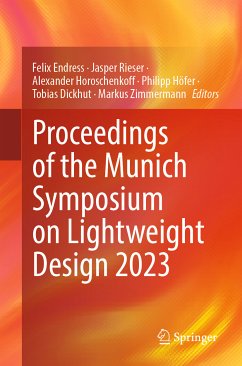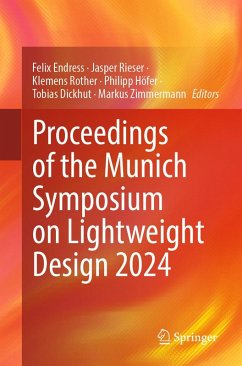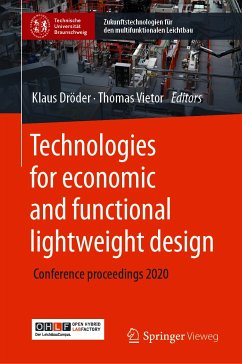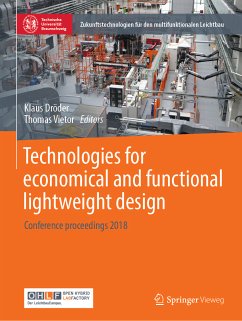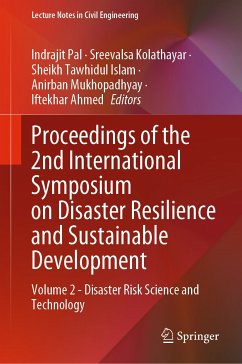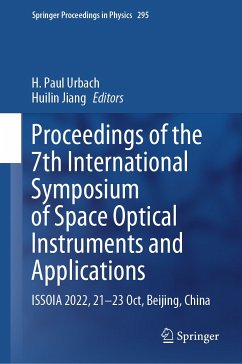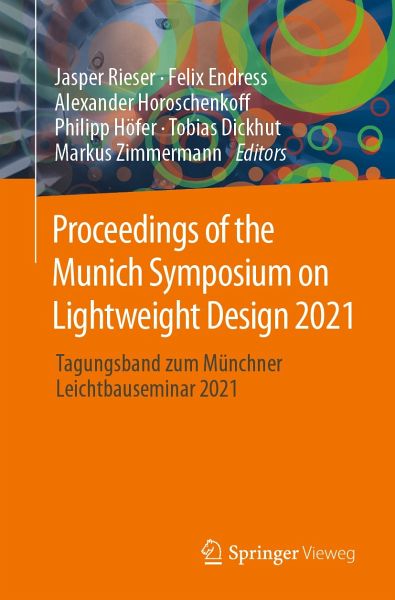
Proceedings of the Munich Symposium on Lightweight Design 2021 (eBook, PDF)
Tagungsband zum Münchner Leichtbauseminar 2021
Redaktion: Rieser, Jasper; Zimmermann, Markus; Dickhut, Tobias; Höfer, Philipp; Horoschenkoff, Alexander; Endress, Felix
Versandkostenfrei!
Sofort per Download lieferbar
Statt: 181,89 €**
128,95 €
inkl. MwSt.
**Preis der gedruckten Ausgabe (Broschiertes Buch)
Alle Infos zum eBook verschenkenWeitere Ausgaben:

PAYBACK Punkte
64 °P sammeln!
Every year, the Technical University of Munich, the Universität der Bundeswehr München, and the University of Applied Sciences in Munich invite researchers and practitioners to join the Munich Symposium on Lightweight Design. Experts from industry and academia discuss design tools, applications, and new developments. Topics include, e.g., composite structures, SHM, microstructures, material modelling, design for additive manufacturing, numerical optimization and in particular topology optimization in aerospace, automotive and other industries. The talks are summarized in short articles and p...
Every year, the Technical University of Munich, the Universität der Bundeswehr München, and the University of Applied Sciences in Munich invite researchers and practitioners to join the Munich Symposium on Lightweight Design. Experts from industry and academia discuss design tools, applications, and new developments. Topics include, e.g., composite structures, SHM, microstructures, material modelling, design for additive manufacturing, numerical optimization and in particular topology optimization in aerospace, automotive and other industries. The talks are summarized in short articles and presented in this volume.
Dieser Download kann aus rechtlichen Gründen nur mit Rechnungsadresse in A, B, BG, CY, CZ, D, DK, EW, E, FIN, F, GR, HR, H, IRL, I, LT, L, LR, M, NL, PL, P, R, S, SLO, SK ausgeliefert werden.



